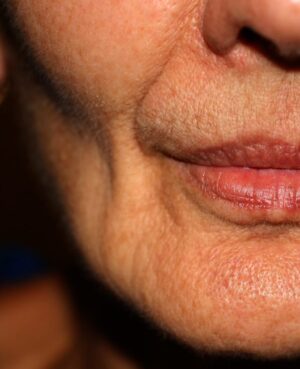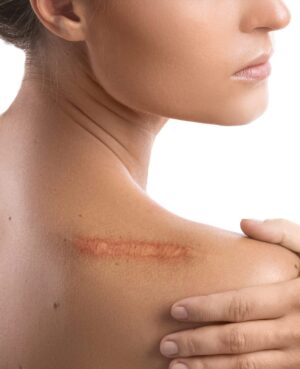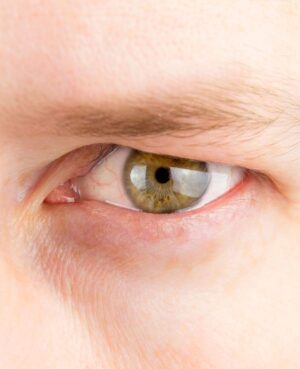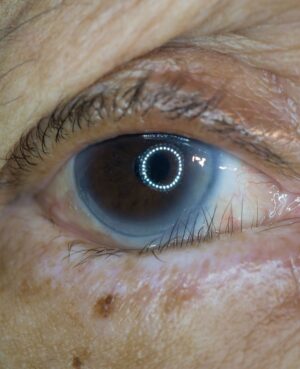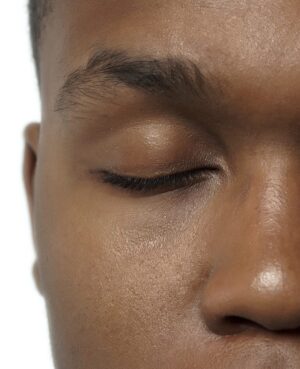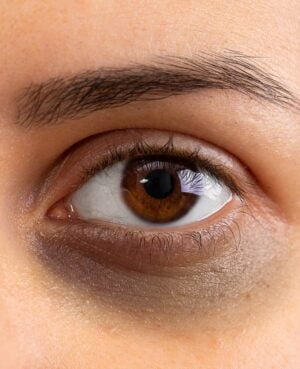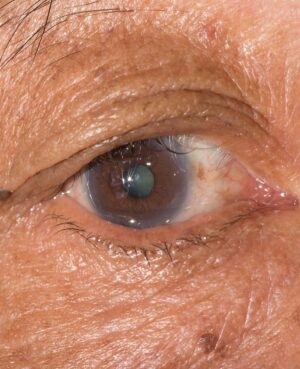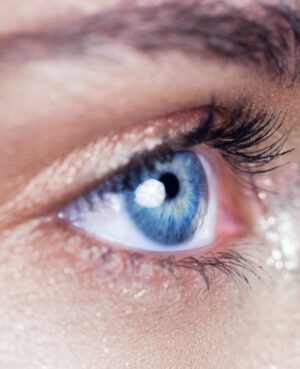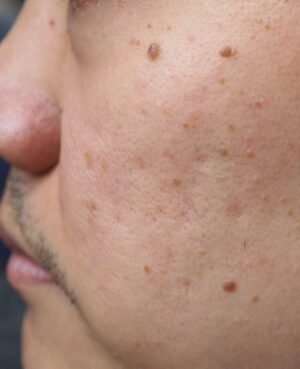Eyelash Loss & Short Eyelashes
Our eyelashes frame the eyes and are a key facial aesthetic. We have evolved to be preoccupied by the eye area when we meet someone. The eyelashes contribute significantly to this aesthetic and communication, and whole industries have been spawned for their enhancement, particularly to lengthen short eyelashes.
Eyelash loss, however, may signal an underlying disease and in some cases a serious condition that warrants further investigation and treatment.
ABOUT THIS CONDITION
INFORMATION ABOUT YOUR SYMPTOMS
At FaceRestoration our surgeons have significant expertise in disease of the eyelids and eyelashes and have developed novel treatments for lash and eye health.
The human eyelid has 75-80 lashes (cilia) in three to four rows in the lower eyelid and 90-160 scattered in five to six rows in the upper lid. They are an integral part of the eyelid margin anatomy, and serve to protect our eyes.
Like all hair, lashes transition through three phases in their life but with a short anagen growth phase and long resting telogen phase. This means that they reach no more than around 10mm before growth stops. They then shed naturally after a few months and are replaced by new lashes. One to four lashes are lost every day from our eyelids in the healthy state.
Missing eyelashes (madarosis) can suggest serious pathology. When it is drastic and occurs as part of alopecia areata it is a significant emotionally traumatic event. The loss of a few lashes may however go unnoticed but should not be ignored as it can indicate serious disease such as scleroderma, discoid lupus and hypothyroidism. It can also be a result of trauma, chemotherapy and infections including herpes zoster and staphylococcus.
Can cancer cause Eyelash loss?
Critically eyelid growths that are malignant are more likely to destroy eyelash follicles and cause lash loss than benign growths and this requires early recognition, diagnosis and prompt management.
Fortunately the majority of growths near the lashes are benign. They can originate from any of the glandular tissue associated with the eyelashes and are most often due to plugging and inflammation of the glands called blepharitis. This is, however, a significant cause of later chronic dry eye disease (DED), which can be debilitating, causing your eye surface to feel like it is burning, irritation and a constant foreign body sensation. To compensate the eye waters causing further debilitation due to difficulty with the vision. A vicious cycle then ensues with further gland stasis, increasing bacteria and perpetuation of inflammation.
Does medication affect eyelash loss?
The skin of the peri-ocular area, the eyelid margin and less so the conjunctival lining of the eye is populated by a host of normal commensal bacteria.
The purpose of this microbiome is not yet clear, although microbiomes elsewhere such as in the gut and nasal cavity may play a role in immune mediated eye conditions such as thyroid eye disease. Eye microbiome imbalances are implicated in blepharitis and DED.
Many eye drops containing preservatives can also aggravate blepharitis, including glaucoma drops, lash serums for lash enhancement, eyelash extensions, lash glue and many constituents of eye makeup. These can all be damaging to the delicate microbiome of the eyelid and eye surface.
When should I seek treatment for eyelash loss?
When there is lash loss, this warrants urgent investigation and management. Our Consultant surgeons at FaceRestoration will be able to fully investigate and exclude any serious disease.
Where blepharitis is the underlying cause, you will be advised about eyelid health and hygiene to prevent future dry eye disease and for your ocular health and for short lashes, lash enhancement serums whilst also maintaining eyelash hygiene.
Contact us at FaceRestoration today and we would be pleased to guide you.
Related conditions
Similar conditions clients also view
-

Facial Volume Loss & Hollowing of face/temples
-

A-Frame Deformity
-

Dry Eyes & Blepharitis
-

Scars, Keloid Scarring & Scar Management
-

Droopy Lids, Ptosis & Tired Eyes
-

Entropion (Turned In Eyelids)
-

Cosmetic Eyelid Surgery
-

Dark under eye circles & Tear trough
-

Turkey Neck & Saggy Skin
-

Ectropion (Turned Out Eyelids)
-

Toxin Related Complications
-

Moles


How we can help
Contact us for a consultation

Booking with us
Arrange a consultation with us using the button below at a time of your choosing. This may be held through video chat dependant on COVID guidelines at the time.

Your consultation
We will then discuss with you your symptoms and advise you on how best to proceed with helpful guidance on treatments through our expert knowledge and training.

Treatment after care
Once an appointment has been arranged, we will then begin treatment and support you along the process, including specialised aftercare.

